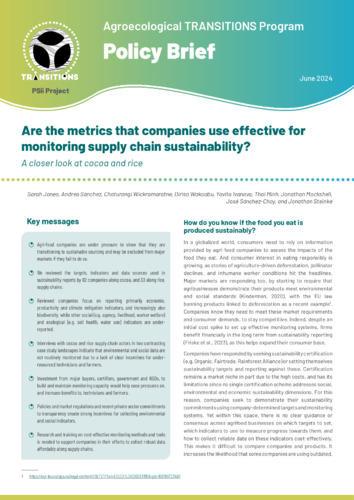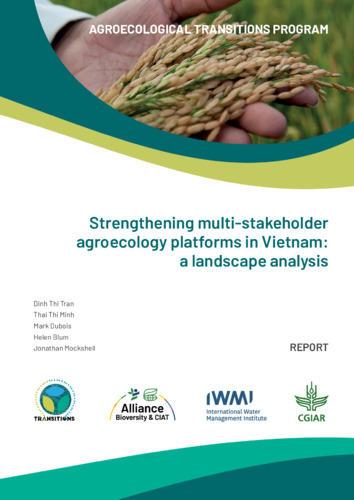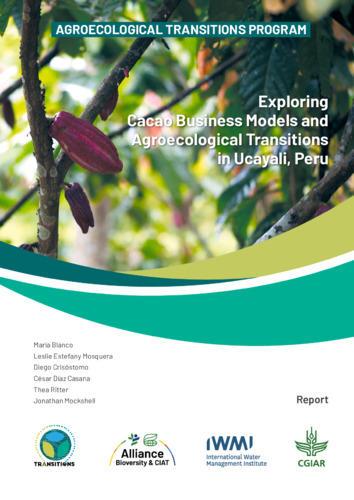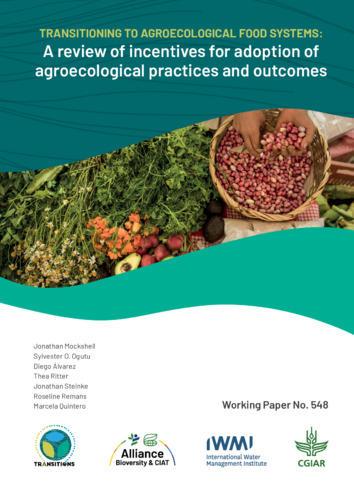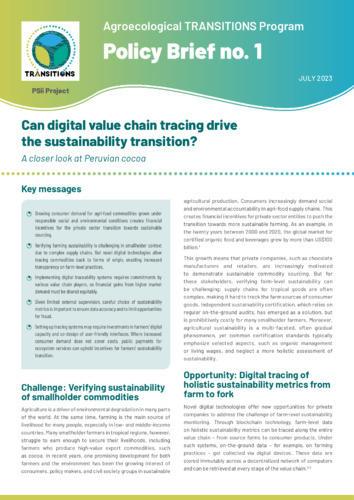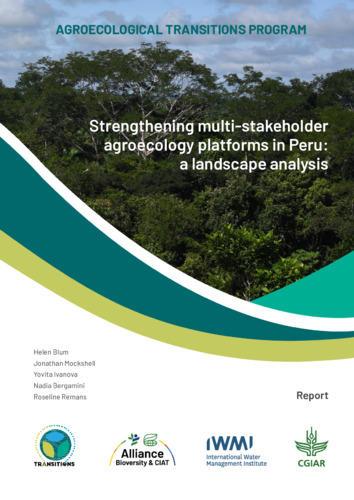Private Sector Incentives and Investments (PSii) for Climate change, resilience and environmental sustainability
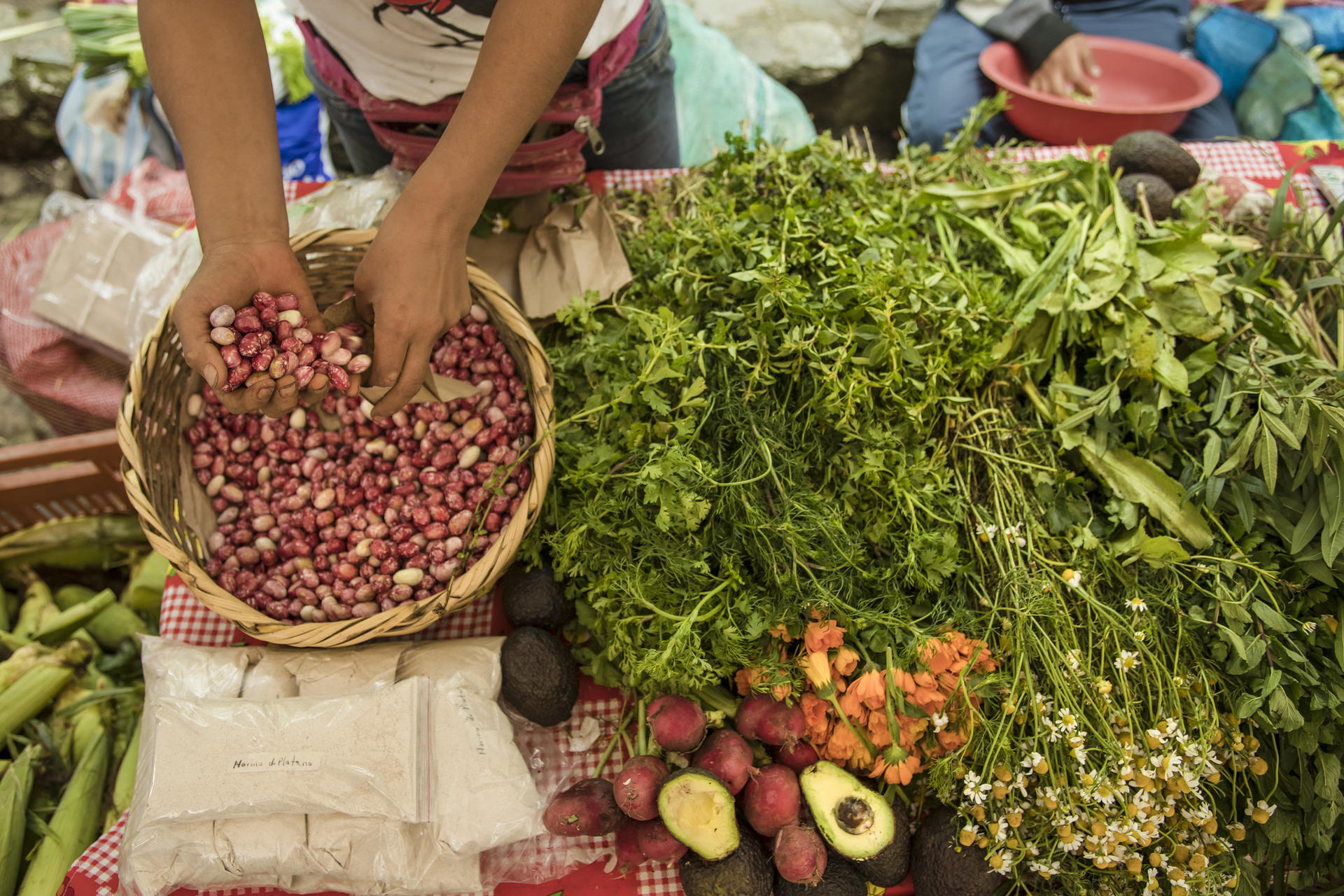
A project of the Agroecological Transitions Program for Building Resilient and Inclusive Agricultural & Food Systems (TRANSITIONS)
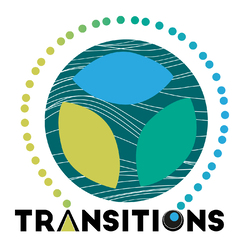
The goal of transforming global food production systems, while simultaneously reducing impacts on the natural environment and improving welfare remains a complex agenda and characterized by trade-offs. To transition from the “business as usual” situation requires simultaneous transformation at multiple levels, socio-ecological systems, economics, business and politico-institutional. Agroecological food systems are promoted as a paradigm shift to transition current food production practices at multiple levels and ensuring regenerative use of natural resources. While a lot of emphasis has been placed on transforming socio-ecological, landscape and production systems, there is limited attention on the role of the private-public sector in achieving agroecological food systems. Although business and private sector stakeholders are increasingly aligning to principles of agroecological food systems, there are also growing concerns among actors on motivation, incentives, investment and transparency by the private sector.
Interested in the PSii Project? Subscribe to our newsletter
The Agroecological transitions for building resilient and inclusive agricultural and food systems (TRANSITIONS): Private sector incentives and investments (PSii) project financed by the European Union aims to contribute to filling the persistent knowledge gaps. The goal of the overall TRANSITIONS program is to better align policy, investment, and technical support to enable climate-informed agroecological transitions by farmers in low- and middle- income countries. This will be achieved through the development and adoption of holistic metrics for food and agricultural systems performance, inclusive digital tools and transparent private sector engagement to foster incentives and leverage investment.
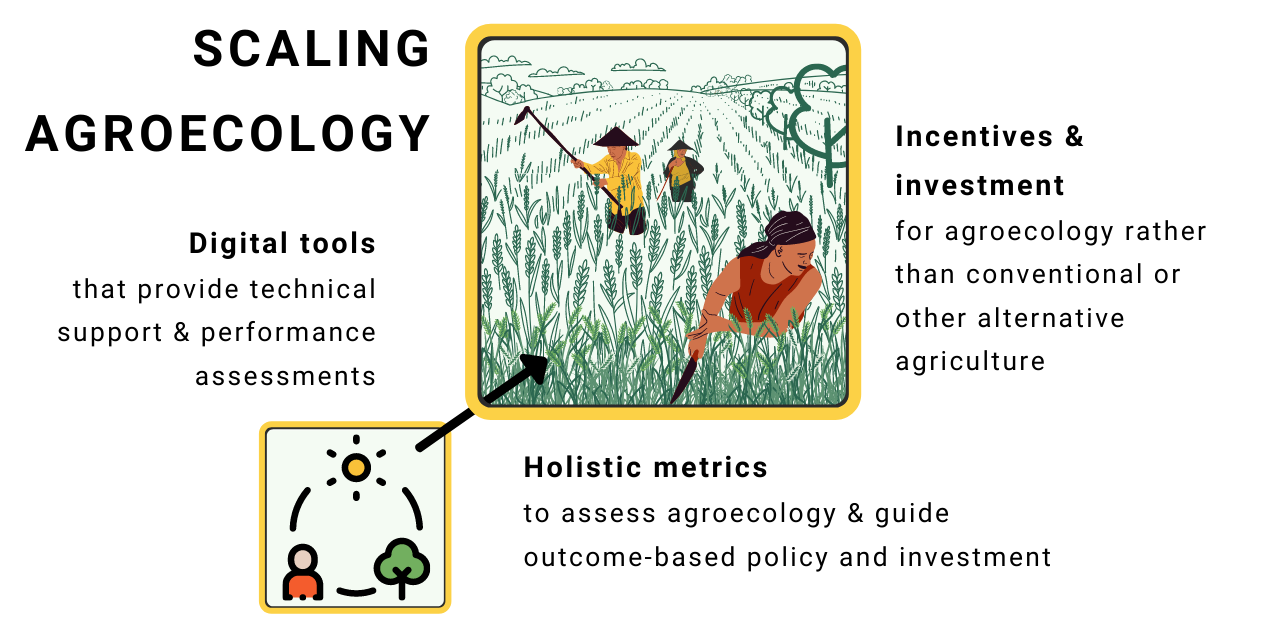
The Private Sector Incentives and Investments (PSii) project contributes to the broader TRANSITIONS program objectives and aims at the development of inclusive incentive structures for private sector and private-public stakeholders, as well as leveraging investments supporting agroecological transitions at multiple levels.
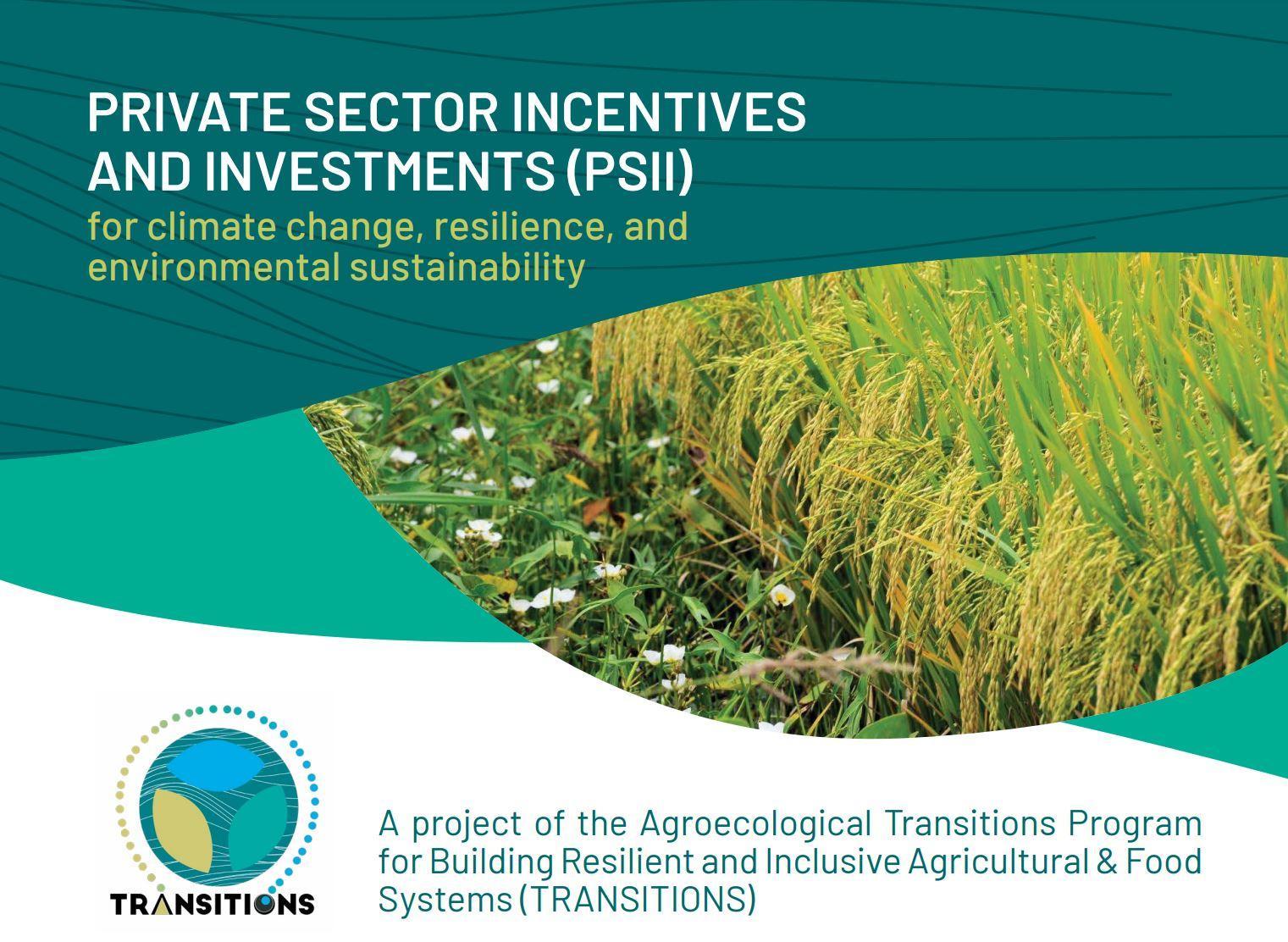
A dynamic private-public ecosystem likely possesses some challenges but also provides new opportunities to accelerate simultaneous agroecological transitions via mobilizing investments, creating incentives, de-risking, and balancing trade-offs to contribute to more economically efficient, socially equitable, and environmentally friendly food systems.
Main Objectives
- Improving private and private-public sector incentive models to support agroecological transitions for farmers and consumers.
- Increasing transparency and traceability in supply chains on agroecological metrics and principles.
- Enhancing the capacity of local institutions for engaging in private-public finance models, assessments and policies that support agroecological transitions.
Entry point questions
- What are key structural elements of private and private-public sector incentive models for enabling agroecological transitions?
- How can new traceability and transparency tools support farmers and consumers in agroecological transitions?
- What are enabling factors in public policies that enable farmers to benefit better from private sector incentive models for agroecological transitions?
The project has three main components aiming at assessing incentive structures and metrics, integrating metrics into transparency tools and building capacity of local institutions and co-mobilizing investments. The following figure outlines the specific objectives, key partners, activities and guiding research questions.

Structure of Psii
The pathway to scaling agroecological food system
Outcomes
This TRANSITIONS PSii project specifically focuses on innovating pathways for long-term incentives and transparent private sector engagement, with targeted outcome that private and public sector actors co-develop and take up innovations in incentive structures, business models, investments and capacity building for agroecological (see next picture).
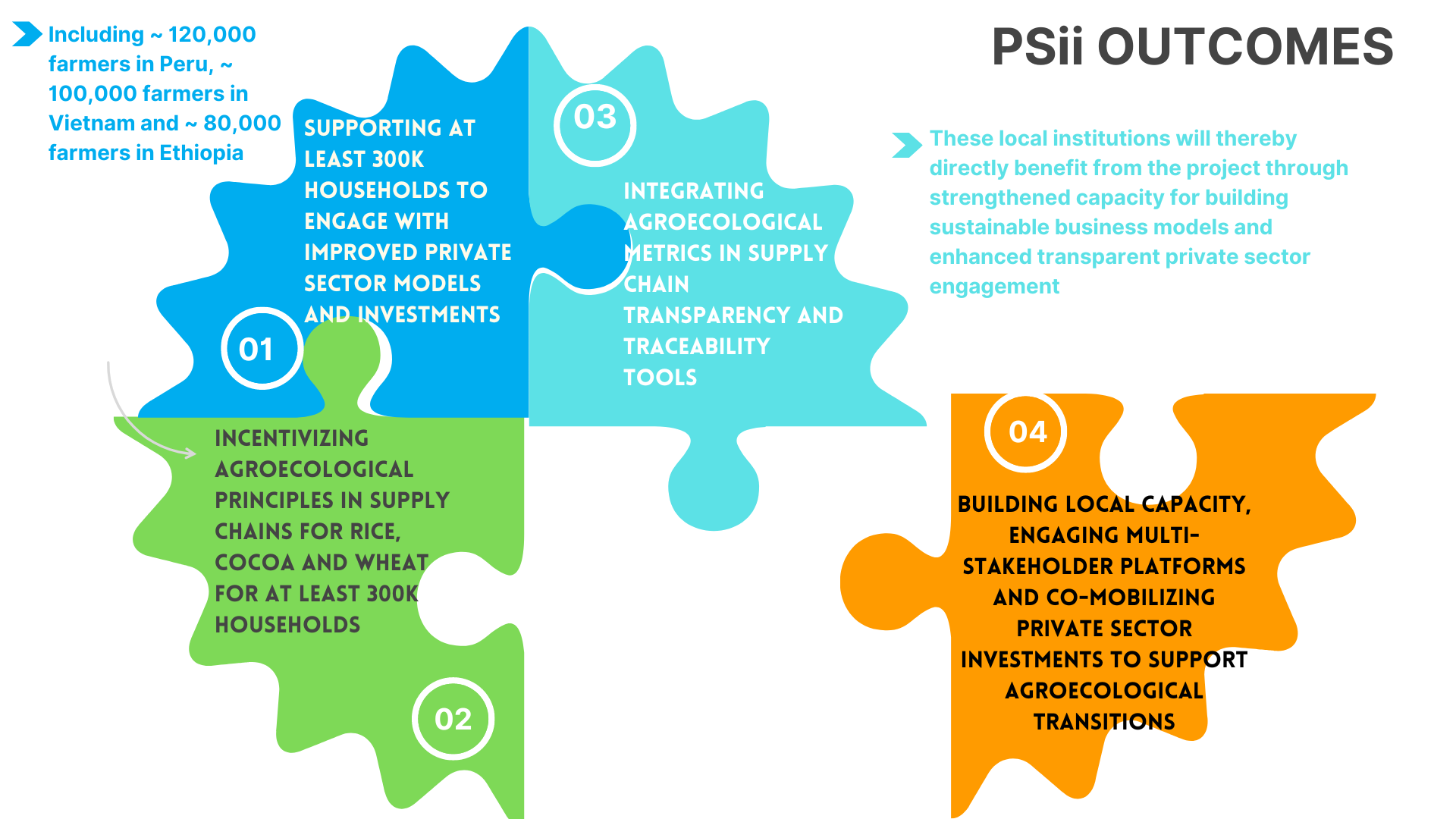
Expected outcomes from the Psii project
Activities & Outputs
To achieve project goals, the PSii is divided into four interconnected phases as illustrated in the figure below.
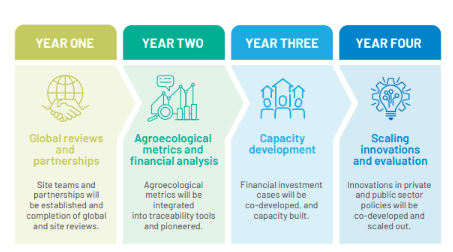
Planned activities and project timeline
Project locations
The PSii Project will focus on two project sites and one learning site for three commodity supply chains:
- Sustainable rice production in the Mekong River Delta, Vietnam
- Sustainable cacao production in the Amazonas Peru
- Sustainable wheat production in Oromia Ethiopia (as a learning case i.e. mainly involved in components 1 and 3)
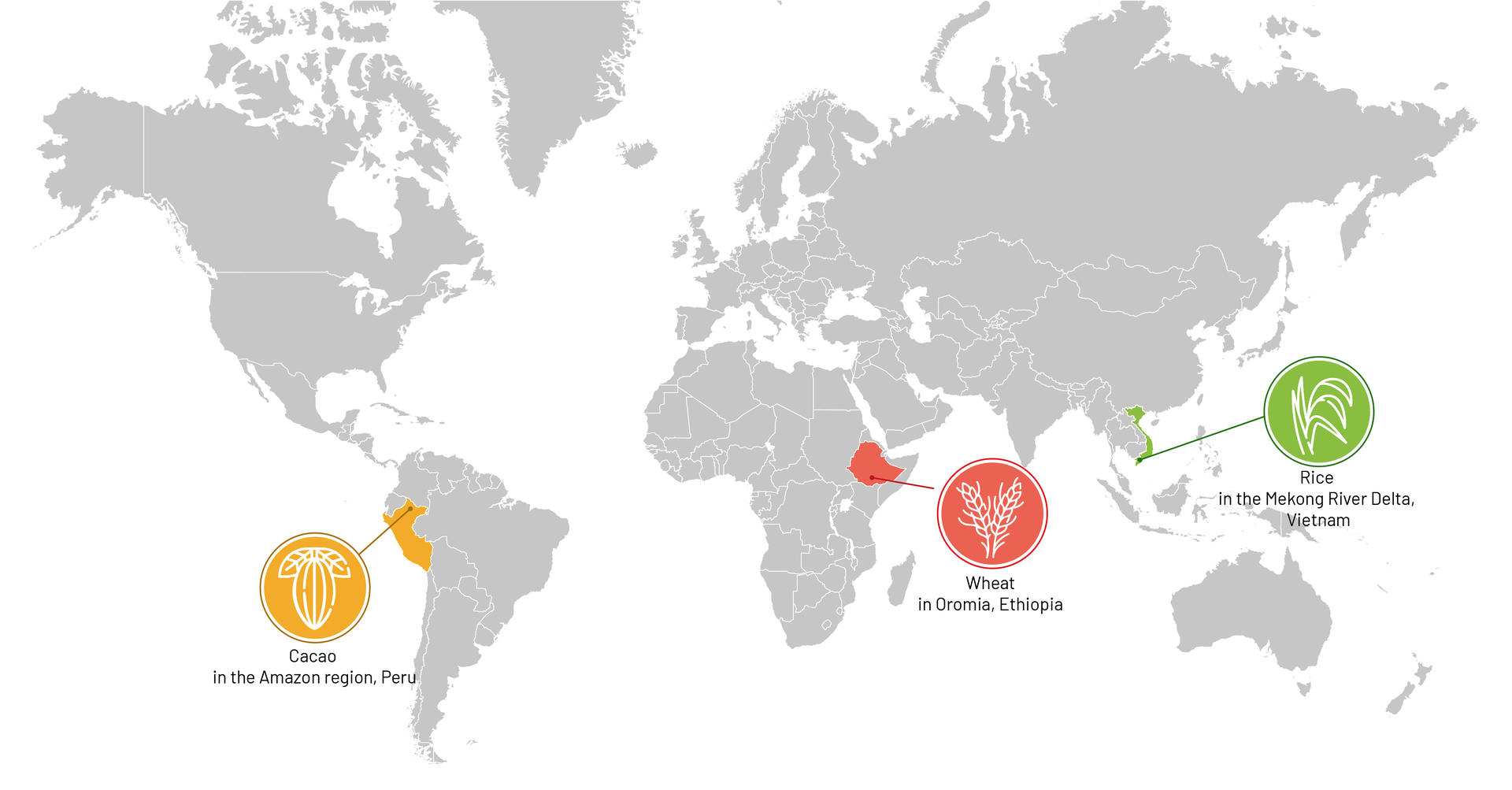
For more information, please contact:
Jonathan Mockshell - P.I and Project Leader
Silvia Araujo de Lima - Project Coordinator, Alliance of Bioversity International & CIAT
Learn more about the TRANSITIONS Program: Project on Metrics and project on Digital Tools
Duration
2022 - 2025

Relevant blogs, stories, news coverage
- From Knowledge to Flavor: the Road to Agroecology
- Agroecology Transition: Incentivizing Crop Diversity for Better Soil Health
- How to integrate Agroecological Principles into Peru's Cocoa Business Model for Sustainable and Resilient Agriculture
- Op-Ed: How the EU can prevent its deforestation-free law from being a half measure
- Peruvian producers are banking on cacao with the aroma of sustainability
- Enabling agroecological transitions in Ethiopia: The role of incentives, business models and partnership. A blog post of the PSii kick-off workshop
- Transforming Ethiopian Food Systems: Leveraging Private Sector Incentives to Drive Agroecological Wheat Production
- Collaborative Learning and Joint Creation Workshop on Agroecological Transitions in Ethiopia







